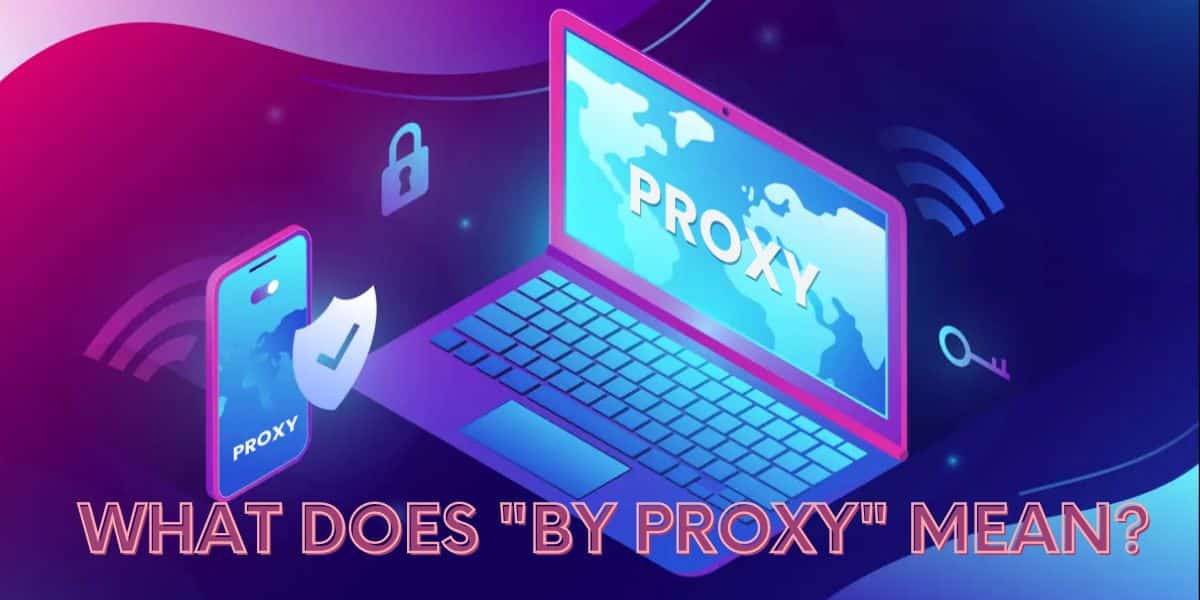
You may have heard of proxy servers that mask your identity online. Here, you’ll understand what a proxy server is and how to inspect it before using it
The word proxy has been adopted in the computing world but without any loss of its meaning. You may have heard of proxy servers that help you browse anonymously but wonder how that works. This article will help you understand what a proxy is, how it works, and the different ways you can test its authenticity.
What Does By Proxy Mean?
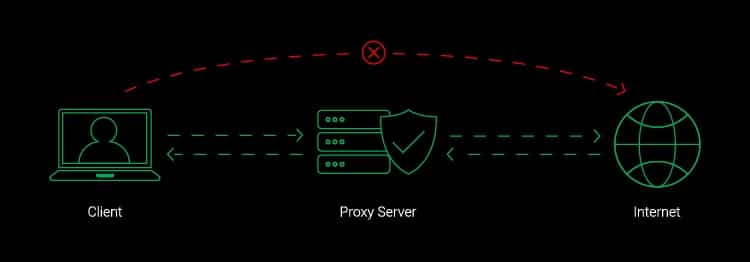
The word proxy means someone who is authorized to act on your behalf. It signifies that you have designated an authority or function to another to act in your stead. The word has been adapted in the computing world which is why you’ll hear of a proxy server or address. The proxy server is a system of computers that enables data exchange between network users.
Proxies are not all that bad as some people only use them to mask their locations. This limits sharing of your internet behavior with other browsers. The data helps marketers to send you targeted ads and media campaigns based on your browsing behavior.
To avoid this, you can use a proxy server or VPN to prevent them from spying on your data. You can also use a proxy to bypass government restrictions on censored websites. Especially for countries that restrict platforms like Facebook, Instagram, Youtube, and other social media sites.
Of course, the common use of proxies is not just to unblock Geo-restrictions. They can also be useful for scraping software and social media tools. Because they can help to mask the IP address of the scraper or tool, which can make it more difficult for website administrators to detect and block the scraper or tool.
In addition, because a proxy server can handle multiple connections simultaneously, it can allow a scraper or tool to make more requests in a given amount of time, which can make the scraping or data-gathering process more efficient.
You must however be careful not to fall victim to phishing attacks while using proxies.
Is Free Proxy a Fake Proxy?
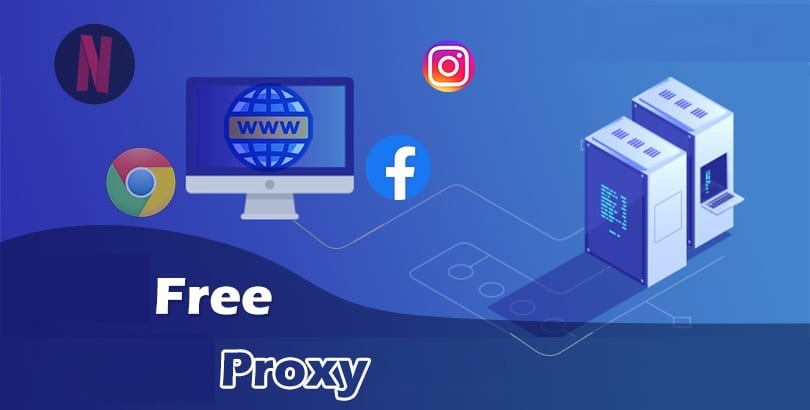
Proxies are great tools but you might want to think again if you’re worried about your safety on the internet. People want safer browsing environments to prevent their private data from being monitored. Several free public proxies can allow you to browse anonymously. But, how safe are they?
Here is why free proxies are not the best option for a great browsing experience.
1Most Are Not HTTP Secure
Most Are Not HTTP Secure
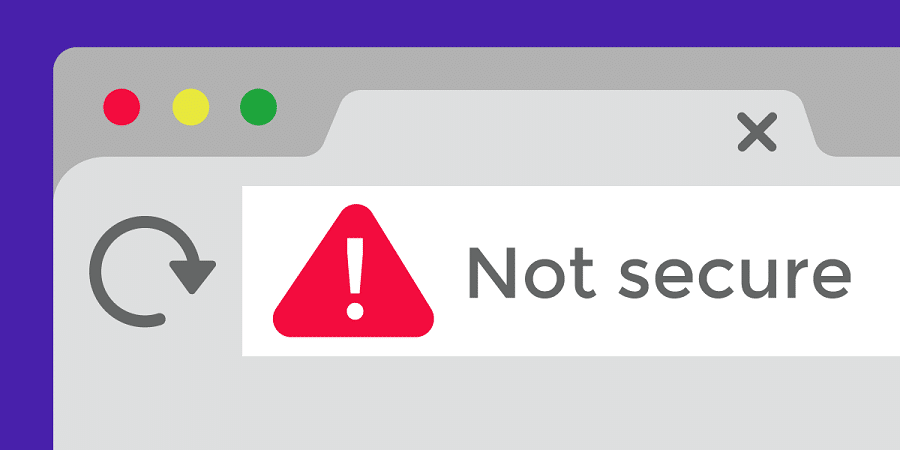
HTTP protocols provide excellent data and privacy protection. Unfortunately, more than 75% of free proxies don’t support connections through HTTP. This indicates that your private information can easily be shared and your browsing behavior monitored. This is a good reason why you should be concerned with free proxies if you value your privacy.
2Cookie Stealing
Cookie Stealing
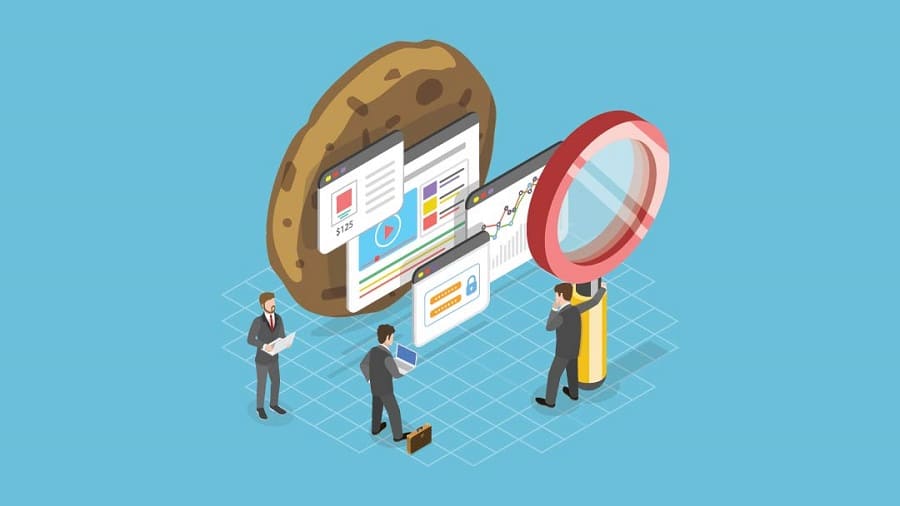
Website cookies are used to store your login details which are highly sensitive information. With cookies, you don’t have to repeat the same login process over and over. When using a proxy server to access websites, your cookies can easily be stolen by proxy owners. This helps them to access sensitive websites you visit like your PayPal or bank account.
3Your Connection Is Easily Monitored
Your Connection Is Easily Monitored
The main reason why free proxies are not HTTP secure is that they want to monitor your web activities. Therefore, many people use free proxies praying and hoping that the proxy company does not sell their data. This is a huge scare for many which are why I can’t recommend free proxies to you.
4Low-Quality ServiceMonitored
Low-Quality ServiceMonitored
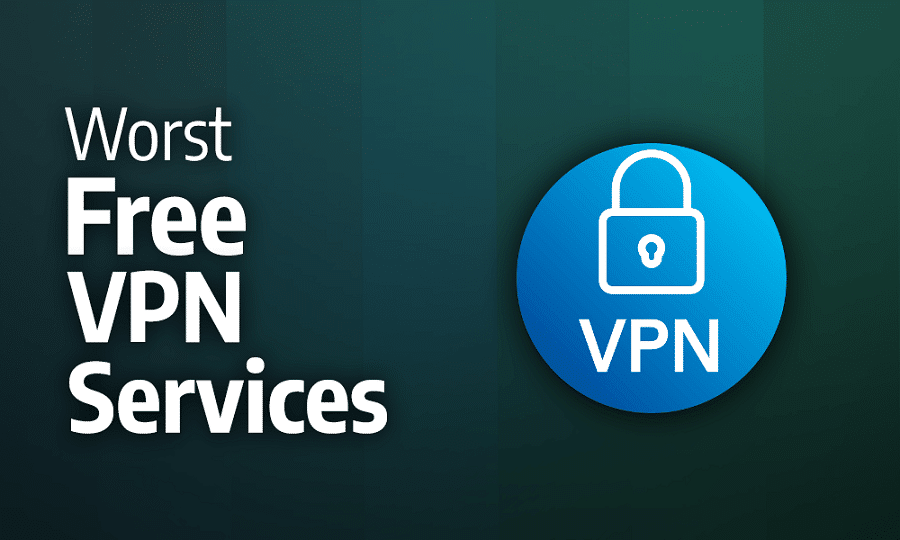
Despite taking the risk to use a free proxy, the service is not anywhere close to great. Free proxies are extremely slower than premium or paid proxies. Mainly because they are not funded and there may be many other users using the same proxy address.
5Malicious Software Attacks
Malicious Software Attacks
As earlier said, proxy owners have easy access to your private data. They can also access your computer and infect your hardware with malicious software. People unknowingly find themselves adding unwanted programs that attack their computers. Knowing that free proxies come with lots of ads, you will find some of them with harmful malware.
How to Test the Fake Proxy?
It is essential to check the performance of your proxies more often. This helps to ensure that they’re working properly. It is also important to manage your website’s traffic by checking if some IPs are real users. Here are various ways you can test a proxy server.
1IP Databases
IP Databases
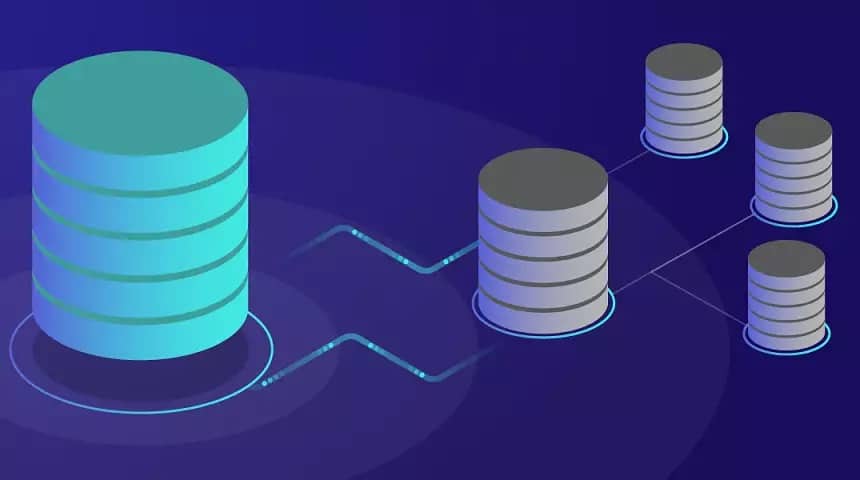
IP databases help users understand the kind of IP addresses visiting their sites. You can as well find out if your IP is real or fake. These databases have identifiers that help you know if they’re authentic or not. Database usage is first inspected to understand the location of a proxy and if it is a residential or datacenter proxy.
Some of the IP databases you can use include IP2Location and MaxMind. They will help you to know the kind of visitors you’re having on your website. They allow you to see certain proxy details such as location, ISP, type of proxy, and time zone among others.
You may use a residential proxy that interestingly gets noticed as a datacenter proxy by the database. This means that is most probably fake and may be blocked by certain sites.
2IP Checkers
IP Checkers

This is another interesting tool for inspecting IP addresses. It inspects IP addresses to provide details such as proxy location, internet provider, and owner details. There are several IP checkers on the internet and among them is Whatismyproxy.
As soon as you’re on the site, you can see details of the IP address you are using, location, user agent, and other details. IP checkers despite being great tools for proxy detection have their limitations. You may need to use more advanced tools, especially when investigating a well-hidden proxy.
3Hidemy.namers
Hidemy.namers
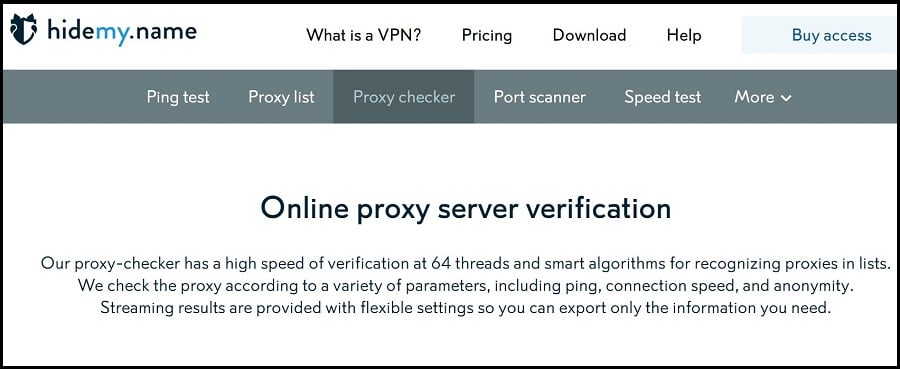
Hidemy.name is a more advanced tool for inspecting proxies. It precisely tells an IP's location, level of anonymity, speed, and type of proxy. The tool also provides a database of proxies collected from several websites online including private ones. You can also tell a proxy’s protocol i.e. whether HTTPS, SOCKS, or HTTP.
It can also tell your anonymity level. You will know if your identity is well concealed or if there’s a chance to get discovered. Anonymity categories include the following:
- No anonymity: This means that your IP address is not masked and the host can tell that you’re using a proxy.
- Average anonymity: Here, the server is tricked to think it recognizes your IP but it's inaccurate. It can however tell that you’re using a proxy.
- Low anonymity: Your IP address stays hidden despite the remote server knowing that you are using a proxy.
- High anonymity: The remote server cannot tell if that is your actual IP nor can it tell that is a proxy.
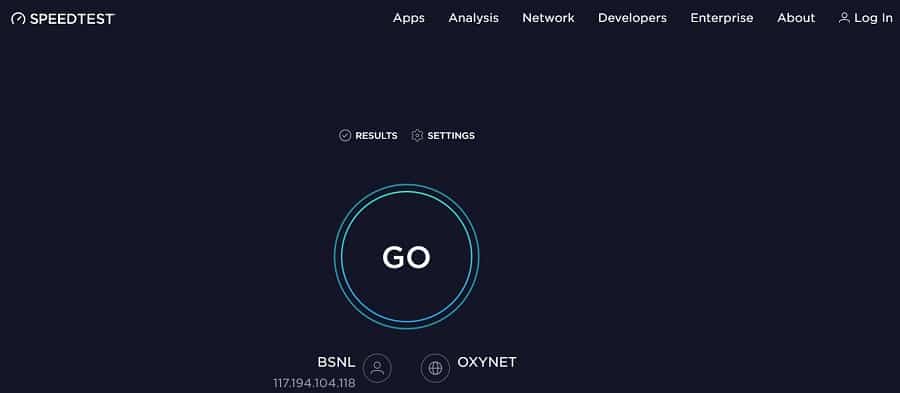
If you’re interested in knowing the speed of your proxy, this proxy tester is what you need. The tool records the amount of time taken by a proxy to connect to a website. This means that you can tell its latency and you can also test any proxy type. It is easy to use as you only need to go to its website and press “GO”.
5Customized Software
Customized Software
You can check proxies by developing your own software which will help give added control of the process. You only need to develop a scraper that can list your proxy to use in extracting data from static websites. To start, you must ensure that your proxy responds by checking the URL’s body content. You can look at the size of the content (for static pages) or HTML output.
When response headers indicate an HTTP 200 status code, it shows that you have successfully scraped content. Still, it helps by physically checking the content as it's more reliable. You must also recognize the importance of time. Proxies are set up for a reasonable timeout that could be in seconds. Residential proxies can take up to 30 seconds.
Always find out the response time for each request because if no content is got, you can assume that it has failed. There are times when some requests are not timed but it proves to be too slow. You can put all this information in a database or analyze it on your screen.
Which Proxy Is the Safest?
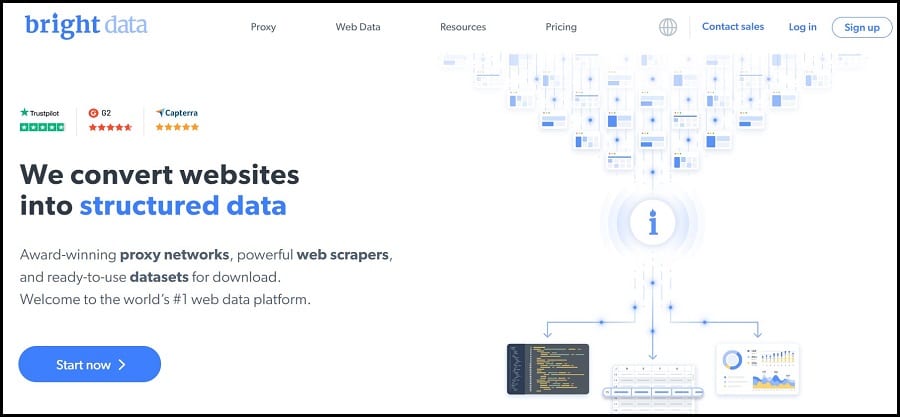
While there are tons of unsafe proxies on the internet, there still are a handful of them that you can trust. They will provide you with safer browsing features and guaranteed anonymity while browsing the internet. Here is a list of proxies you can safely use while browsing the internet.
Conclusion
Despite proxies being great tools for scraping data and anonymous browsing, you must be careful with them. Many proxy companies are selling fake proxies that don’t protect your privacy. Instead, they steal your data including cookies with sensitive login information. To be assured of safety, use any of the five proxy checking methods discussed here for a better experience online.










